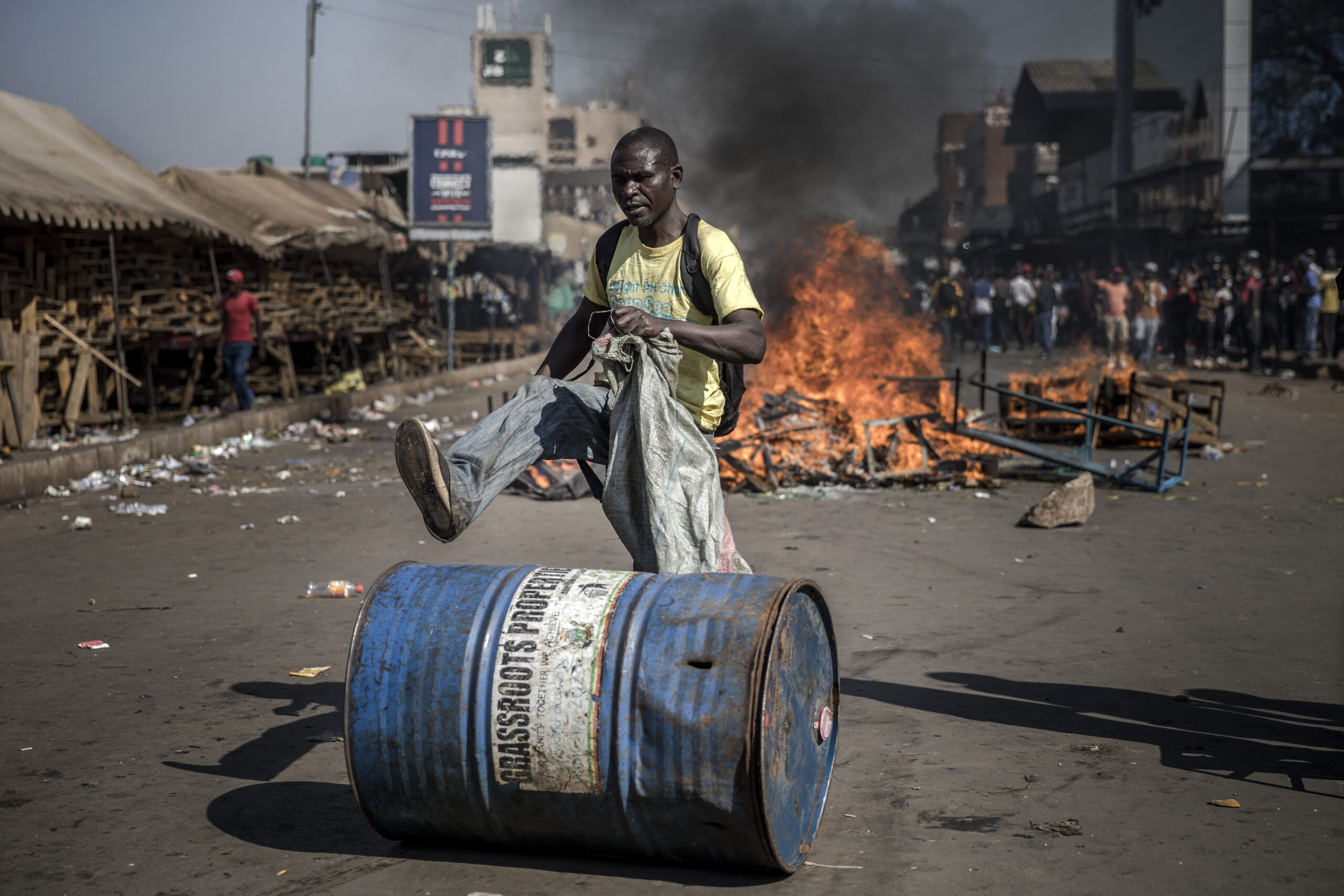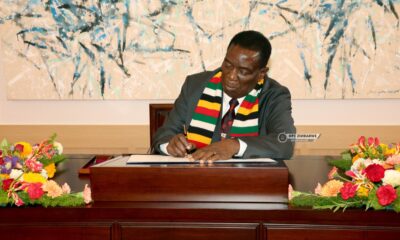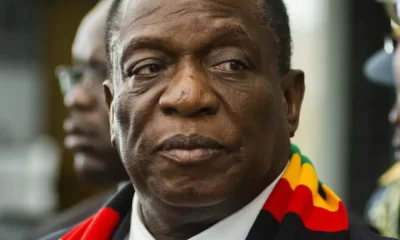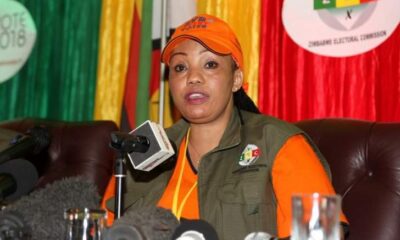AS the nation gears for the 2023 general elections, the stakes are high and most of the damage will be felt in the economy, researchers and think-tanks say. Zimbabwe has slid into election mode, with two major parties seeking to assert themselves ahead of the polls, which are still more than 10 months away.
DUMISANI NYONI
The euphoria heightened following an announcement by the Zimbabwe Electoral Commission (Zec) that it had drafted a roadmap for by-elections to fill vacancies in Parliament and local councils. Zanu-PF leader Emmerson Mnangagwa and his Citizens’ Coalition for Change (CCC) counterpart Nelson Chamisa have been holding rallies throughout the country, focusing on the by-elections which are setting the tone for the 2023 polls.
According to the draft roadmap, Zec has set 23 April 2023 as the proposed date for the general elections. The commission, however, works with provisional dates as the actual dates can only be proclaimed by the President.
Researchers at one of Zimbabwe’s leading investment advisories said ahead of the 2023 Presidential elections, the stakes are high and most of the damage will be felt in the economy.
“We contend that it is a year in which politics will have a strong impact on the economic direction of the country as we approach an electioneering period,” Morgan & Co said in its report titled Zimbabwe 2022 Economic Outlook; Assessing the Probable Outcomes.
“As we approach an election year in 2023, the big risk is that politics will be the centre of attention and some damage will be felt in the local economy. We expect to see increased liquidity injections by the government to fund various projects given the forthcoming 2023 elections,” the researchers said.
“This huge appetite or demand will likely push the parallel market exchange rates, and this will have a pass-through effect on pricing and inflation. The Reserve Bank of Zimbabwe is not entirely independent from political interference. Could the domestic currency derivative be an avenue for the government to ‘print money’ and finance foreign currency purchases?”
An analysis of past events in Zimbabwe indicates that it is very likely to experience heightened levels of political violence in 2022 ahead of the elections. Political violence towards and during polls has always been a big issue.
Afrobarometer surveys conducted in Zimbabwe between 2009 and 2014 reveal a worrying trend about citizens’ freedom to associate with political organisations of their choice. Zimbabwe conducted its national elections on 31 July 2018 that were marked by incidents of post-election violence.
Opposition party supporters protested the late release of election results by Zec and the authorities responded by unleashing murderous soldiers on unarmed civilians. There is also abundant evidence of the suppression of civil liberties. Just recently, CCC member Mboneni Ncube was killed by Zanu-PF activists during a campaign rally in Kwekwe.
In January 2019, protests broke out in major cities after the government more than doubled fuel prices to tackle fuel shortages and the black market. A joint operation by the army and police responded through a widespread and brutal crackdown on citizens.
In addition, the government ordered a partial internet shutdown, and mobile and internet service providers were ordered to block citizens from social media sites. The crackdown attracted domestic and global condemnation.
According to the BTI 2020 country report, Zimbabwe rates poorly (115 out 137) in terms of the state of economic and political transformation. Due to political issues, among others, Morgan & Co predicted that Zimbabwe’s gross domestic product (GDP) will grow by 4.5% this year.
The 4.5% will be slightly behind the 5.5% gross domestic product growth projected by the government in December last year. In 2023, it will further dip to 3%. Morgan & Co estimated that the inflation will exceed 100% in 2022 and the exchange rate will deteriorate to about US$1:ZW$400 by year-end.
“As the jostle for power plays on, most Zimbabweans (including those in the diaspora) have yearned for some form of economic and political stability for many years now.”
The report notes that even after the November 2017 coup, the expectation was that the Zimbabwe chaos was finally over and there was hope for a new normal.
However, the reality on the ground points to the fact that the odds are against any form of solid economic recovery. Even nature has not been on Zimbabwe’s side. The country has reeled from episodes of droughts and cyclones that have triggered economic recessions, brain drain and poverty.





















